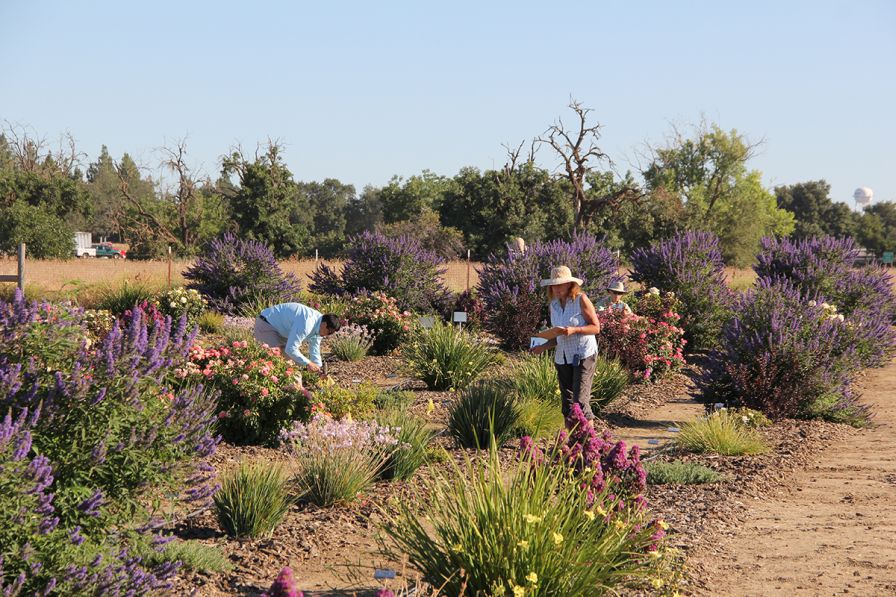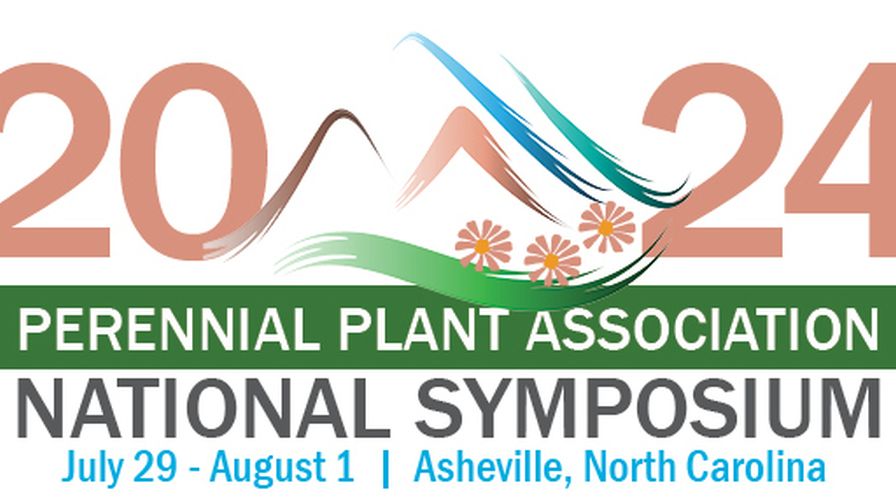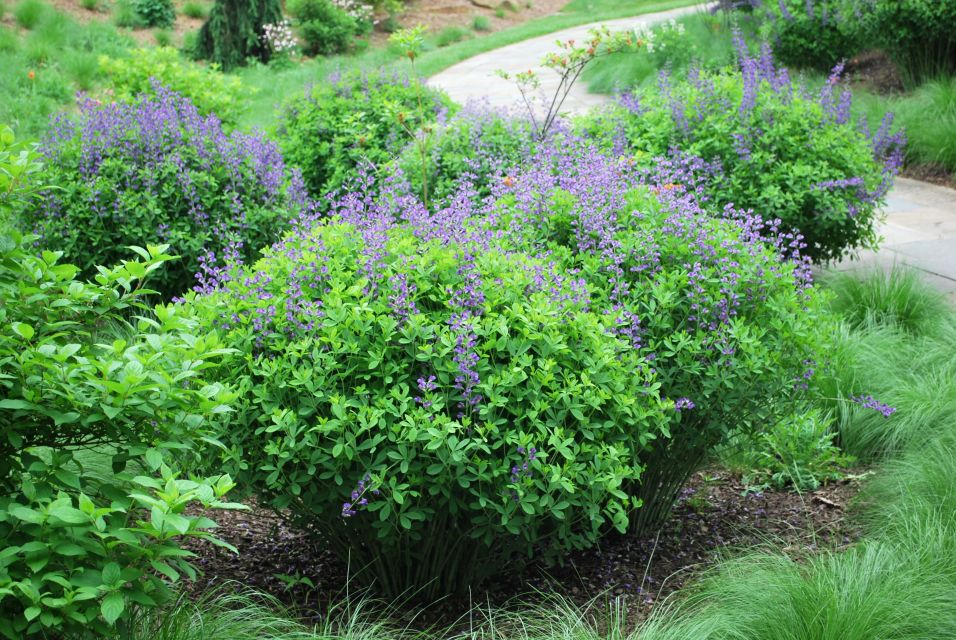Standardized Trials Data Coming Soon
Although trial gardens have historically served their regions well, they’ve never worked tremendously well together to show growers which plants work best across the United States and Canada.
But the way trial gardens deliver information is about to change. All-America Selections (AAS) and the University of Georgia (UGA) have been working together for several months to create an Internet-based national plant trials database that will serve growers, retailers and others as a repository for data from participating trials throughout North America.
“This project has been mulling around in my head for a long time because it is time for more collaboration among the trial grounds and the breeders,” says Allan Armitage, who’s run the Trial Garden at UGA since 1982. “The trial grounds do an excellent job, but for the breeders who support our trials, there needs to be a more complete side-by-side picture of how their plants perform all across North America.”
All-America Selections (AAS) and the University of Georgia have been collaborating for months to develop a national plant trials database because data generated at the different trial sites throughout the United States has not been standardized.
To build the database, AAS and UGA have asked breeders to support and participate in this project. So far, Benary, Fides, Floranova, PanAmerican Seed, Proven Winners, Sakata Seed and Syngenta Flowers have committed.
“Syngenta feels this database is a good idea because there is a lot of valuable information that comes out of the private and university trials that tests our products, but it’s always been a challenge to utilize that information to its full potential because of the slightly different ways of scoring and providing feedback,” says Mike Murgiano, senior market manager of seeds at Syngenta. “Having standardized data in one single place will make it much easier to compile and share that information with our customers so they can make decisions on what is best for their customers and the end consumer.”
The project also includes 19 trial gardens. The list of participating gardens can be found at PlantTrials.org/TrialGardens.
Regionality will still be a component of the database, as many growers select the varieties they grow based on what performs best regionally.
“You’ll be able to look at the overall score or, for example, receive a score in the Southeast,” says Diane Blazek, executive director of AAS. “This is very important for landscapers. The national score is important, but we want people to drill down and really see where a plant did well or didn’t.









